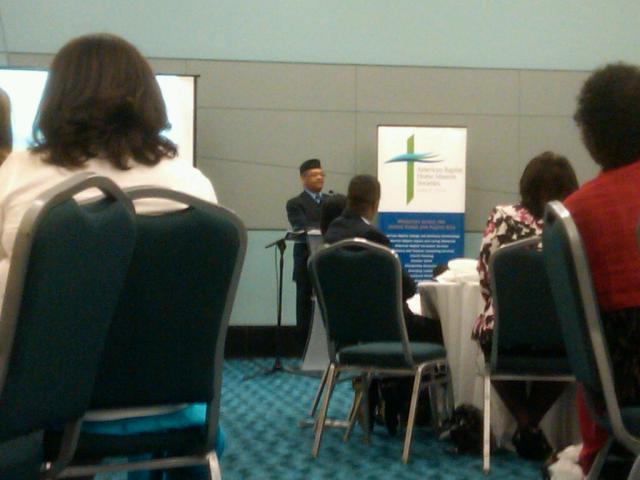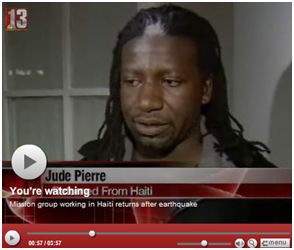
Ash Wednesday is an occasion to mark the beginning of Lent and be marked by ashes. To receive ashes on our forehead and hear the words, ‘You are dust and to dust you shall return’ can be a powerful reminder of our life and hope in Jesus Christ.
Baptists have traditionally have a rejectionist approach to anything in church life that is not found in the Bible. Ashes on foreheads, responsive prayers, a liturgical calendar, and the like are things not prescribed in the Bible. Thus, Baptists often choose to make worship much more about a conversion event rather than expressions of lament, sadness, contemplation, reconciliation and forgiveness.
For those of us Baptists who do participate in the more liturgical practice of imposition of ashes, I shall deem us “Ashy Baptists”. Some Baptists may think ashes and Lent are more Catholic things, but they are not. However, the marking of ashes are Biblical, as a sign of mourning and repentance. There is nothing magical about the ashes. We are not more holy for participating in Ash Wednesday, but it is another way to experience the presence of God in our lives in a symbolic way.
Christians from many denominations have rediscovered the value that Lent and Ash Wednesday can provide. The liturgical worship movement is a movement of compassion, experiential and participatory worship, image based, and connective community. Every church has a liturgy, no matter “high” or “low” the church is. A liturgy is a set order or worship, whether printed or spoken.
For us “Ashy Baptists” we find company in the likes of Christians who want to make a public statement about their belief and comfort and Jesus Christ. But, ashes on our foreheads go beyond being public about our convictions. The symbolic nature of being marked by ashes serves as a tangible expression of one’s commitment and acceptance in the Kingdom of God.
In a world were many churches offer an over load of visually and auditory stimulation, we need more physically experiential expressions of our faith. Ashes on Ash Wednesday, for Baptist, can be a meaningful expression and opportunity.









 Check out the blog this week as I will be live blogging at the
Check out the blog this week as I will be live blogging at the  For years we have heard reports and studies tracking how churches are dying and God is slowly “disappearing” from Europe.
For years we have heard reports and studies tracking how churches are dying and God is slowly “disappearing” from Europe.  confessions of faith as creeds. This is the paradoxical nature of Baptists and their confessions of faith because their statements were directed at excluding other completing theologies. That is exactly what the creeds do, among with affirm what people believe. We receive the word “creed” from the Greek word credo meaning “to believe.” Clearly, the Baptists were using creedal statements and formulas, but many Baptists did not want to call these doctrinal statements creeds in reaction to the creeds of the Catholic Church and the Anglican Church.
confessions of faith as creeds. This is the paradoxical nature of Baptists and their confessions of faith because their statements were directed at excluding other completing theologies. That is exactly what the creeds do, among with affirm what people believe. We receive the word “creed” from the Greek word credo meaning “to believe.” Clearly, the Baptists were using creedal statements and formulas, but many Baptists did not want to call these doctrinal statements creeds in reaction to the creeds of the Catholic Church and the Anglican Church.




You must be logged in to post a comment.